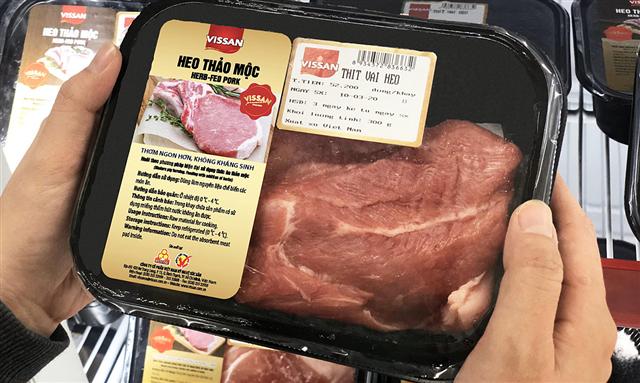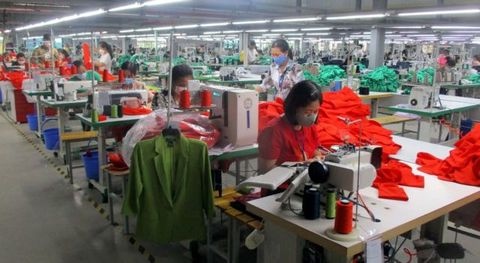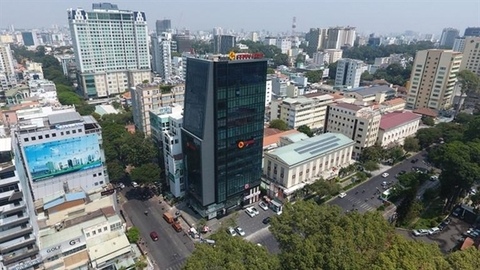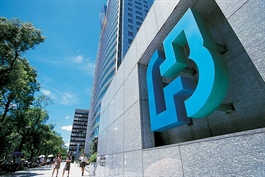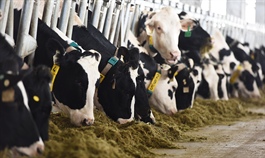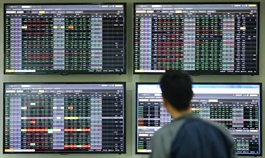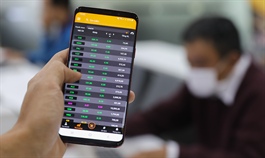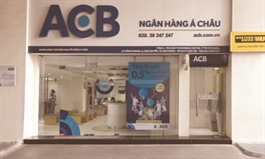SABECO (SAB) cementing its sustainability journey in Vietnam
SABECO (SAB) cementing its sustainability journey in Vietnam
Steadily closing the global development gap while promoting sustainability throughout its 145-year brewing history, SABECO is continuing to inspire the business community in sustainability commitments and competitive enhancements.
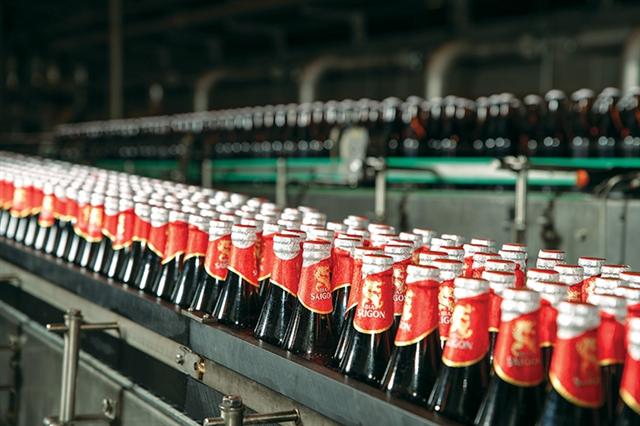
Not only are SABECO’s products well-liked, but the processes to make them are also getting cleaner
|
Vietnam’s beer and beverage sectors encountered mounting hardships in 2020 due to the impacts of the prolonged pandemic as well as from regulations which impose tougher sanctions on drink-drivers.
Nevertheless, SABECO is still on track towards long-term sustainable development after upgrading its existing facilities as a part of a wider campaign in Vietnam which aims to ensure maximum operational consistency and efficiency.
SABECO has adopted a sustainable development model to guide its long-term strategy and its quest to continue bringing pride to Vietnam, through an approach referred to as the company’s 4C commitment – consumption, conservation, country, and culture.
For environmental protection, SABECO has applied rigorous requirements to all raw materials. Particularly, ingredients that affect product quality and food hygiene and safety such as barley malt, hops, cans, ends, bottles, and corks are purchased directly from suppliers, ensuring that quality control of raw materials is assured before re-distributing to breweries.
Auxiliary ingredients, which do not affect product quality or food safety and hygiene, are purchased by breweries in accordance with the list of suppliers, brands, and other requirements approved by the firm.
Technical requirements of raw materials have also been issued based on Vietnam’s applicable laws, regulations, and standards, and reference information from specialised organisations in the food and beverage industry.
Specialised laboratories have been set up with a full range of modern equipment to fully analyse the technical requirements of input materials such as Skalar malt analyser, HPLC, GC, and Trumac nitrogen analyser. All inputs have been subject to qualified certification issued by the Quality Control Department before being put into use. This qualified certification takes into account the supplier, the country/origin of production under the approved list, and requirements of quality, food safety and the environment under current regulations.
Moreover, SABECO has conducted relevant risk management for the corporation’s supply chain, which periodically reviews suppliers at their manufacturing sites to ensure process compliance agreed among the parties.
At the same time, SABECO is making steps towards reducing the volume of water and excessive energy consumption at its breweries as part of its industry-leading sustainability ambitions. By applying technology and upgrading its existing brewing capacity, it has been reducing energy and water consumption year by year, in parallel to becoming a pioneer in installing rooftop solar panels at its production facilities.
SABECO has also launched a programme to recycle the majority of the residual products from the brewing process, comprising of spent grain, surplus yeast, and materials like glass, cardboard, aluminium, plastic, and paper. The methodology, called the Sabeco Waste Hierarchy, gives top priority to preventing the creation of waste in the first place.
When waste is created the system aims to find a means to re-use it, or if that is not possible then to recycle or find alternative methods of recovery – and, only after all other avenues have been exhausted, to dispose of it via landfill.
Remarking on SABECO’s contribution to Vietnam’s sustainable development, Nguyen Van Viet, chairman of the Vietnam Beer-Alcohol-Beverage Association said, “The personnel at the sector’s top players like SABECO possess very good management skills. They have a good grip on advanced management such as environmental management, and the latest methods.”
SABECO’s network includes 26 subsidiaries and 18 associates and joint ventures, with more than 145,000 product consumption channels spanning across the country.
For the last three years, it has offered a brand portfolio consisting of some of the most well-loved beer brands in Vietnam, including Bia Saigon Special, Bia Saigon Export, Bia Saigon Lager, Bia Saigon Gold, Bia Lac Viet, Bia Saigon Chill, and Bia 333.


